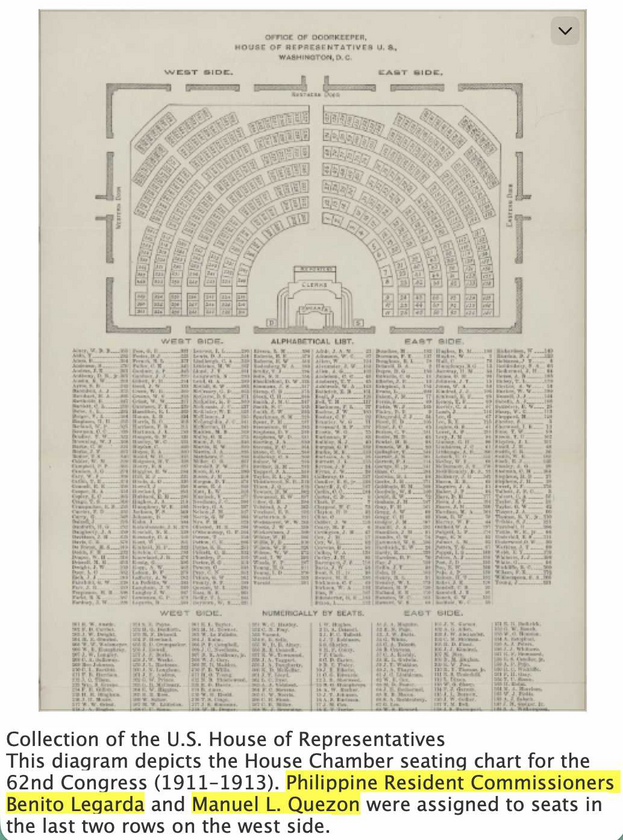You can listen to the Politics by Faith podcast anywhere, but the ad-free version, the day before, with the transcript, is only on MikeSlater.Locals.com. Thank you for subscribing!
We ended yesterday's episode on a bit of a...heavy point. It deserves further analysis because it seems contrary to everything we're told. And then we get into the Song of Moses and the "book of the wars of the Lord" from Numbers 21. There are a lot of wars in the Bible and many for good reasons.
Good morning. Welcome to the Morning Motivation, brought to you by Pitching Gold Group and the Public Square App. We're talking about war, inspired by course what's going on in Israel, and Hamas, and how Israel will respond and how we as Christians should be thinking about this. You know, I haven't heard the word justice uttered from the social justice crowd in the last, say, three weeks or so.
0:00:31
Interesting. I hear ceasefire. I hear proportionality, but I don't hear justice. Be very careful when people who don't believe in the Bible start throwing the Bible at you in your face to justify what they want to justify in this case. Ceasefire. Yesterday, we ended the segment with something that I think I need to explain a little more. It was quite a point, quite a shocking point to end the episode on. Numbers 3533. God said, do not pollute the land where you are. Bloodshed pollutes the land. An atonement cannot be made for the land on which the blood has been shed, except by the blood of the one who shed it. So, if someone attacks you, kills you, the land is polluted until the person who shed the blood has his blood shed. So, very far from don't retaliate Israel, which is what everyone's saying, scripture here seems to say you must retaliate. It's called justice. Let me share a few commentaries just so I make the point that this isn't my point and if I'm off on this, if I'm wrong on this, if these commentaries are wrong on this, please, I'd like to be corrected because this is extremely important. Matthew Poole's commentary, this is from the 1600s. He said, If you shall spare the murderer, and by the way, I'm reading this because this is so important, I don't want to paraphrase anything. I want to read exactly as it is and we can interpret later. Later, if you shall spare the murderer, cease fire, or take any satisfaction for him, you do together with yourselves involve your land and people in guilt, and will certainly bring down God's vengeance upon yourself and them. I should put the emphasis there, upon yourself and them. You must seek justice. Genesis 9, 6, Whoever sheds human blood, by humans shall their blood be shed. Why? Because in the image of God, has God made mankind. So it's a very specific reason for this commandment to kill those who kill others. Humans are made in God's image. And God values human life. And if one takes human life, the killer must be given an account. That is justice. Let me share another commentary. This is called the pulpit commentary. By these expressions, the Lord places the sin of murder in its true light as a sin against himself, sin against God. The land, his land, is defiled with the blood of the slain. And nothing can do away with the guilt which cleaves to it, but the strict execution of divine justice upon the murderer. Money might satisfy the relatives of the slain, but cannot satisfy his maker." Again, that's about Numbers 35-33. I'll give you one more commentary from a hundred years ago. "'The Israelites were not to desecrate their land by sparing the murderer, as blood, i.e. bloodshed or murder, desecrated the land. And there was no expiation, that's atonement, there was no atonement to the land for the blood that was shed in it, except through the blood of the man who has shed it, that is, through the execution of the murderer justice would be satisfied." War is not unbiblical. Nahum 3. When was the last time you heard anything from Nahum? God is talking about Nineveh. Woe to the bloody city, all full of lies and plunder, no end to the prey. The crack of the whip, the rumble of the wheel, galloping horses and bounding chariot, horsemen charging, flashing sword and glittering spear, hosts of slain, heaps of corpses, dead bodies without end, they stumble over the bodies. And all for the countless whoring of the prostitute, graceful and of deadly charms, who betrays nations with her whoring and peoples with her charms. Behold, I am against you, declares the Lord of hosts, and will lift up your skirts over your face, and I will make nations look at your nakedness and kingdoms at your shame. I will throw filth at you and treat you with contempt and make you a spectacle. And all who look at you will shrink from you and say, Wasted is Nineveh! Who will grieve for her? Where shall I seek comforters for you?" He's speaking of Egypt now, which Nineveh will suffer the same fate. Yet she became an exile, she went into captivity, her infants were dashed in pieces at the head of every street. How about that? Her infants were dashed in pieces at the head of every street. Lots were cast, and all her great men were bound in chains." War is terrible. It's awful. But it's not necessarily ungodly or immoral or wrong. We know that because God engaged in them. God can't sin, so he would never actively engage in a thing that is in and of itself sinful. Exodus 15, the song of Moses and Miriam, the song of Moses. Exodus 15, I will sing to the Lord for he is highly exalted. What are they singing about? The next line, both horse and driver he is hurled into the sea. Well, they're singing about Exodus 14, chapter 8, where the entire army of Pharaoh was destroyed in the Red Sea. Check out the end of Exodus 14. That day the Lord saved Israel from the hands of the Egyptians. And Israel saw the Egyptians lying dead on the shore. And when the Israelites saw the mighty hand of the Lord displayed against the Egyptians, the people feared the Lord and put their trust in Him and in Moses, his servant. They feared the Lord, as we all should. We did a week on that a couple weeks ago. And what did they do? They sang a song. Numbers 21-14 speaks of the Book of the Wars of the Lord. It's thought that this is a book of an ancient collection of songs of war in praise of God. These are victory songs that were sung in celebration of war victories. Something like Psalm 68-21, God will shatter the heads of His enemies. Stuff like that. Isaiah 42, 12, the Lord will go forth like a warrior. He will arouse His zeal like a man of war. He will utter a shout, yes, He will raise a war cry. He will prevail against His enemies. Or Psalm 14, 41, in David's song of praise, he said, the Lord trains my hands for battle, and He strengthens my arm to bend a bow of bronze. Blessed be the Lord, my rock, who trains my hands for war and my fingers for battle." Of course, they praised David. They said, Saul has killed his thousands, David killed his ten thousands. Let me end here with a quote from John MacArthur. And we just keep this in mind and pray about this as we see what's happening and how we should proceed. I'm grateful I'm not one who's having to make these decisions. MacArthur says, under God's command and God's direction, and for his own purposes, to punish sinners, to punish wicked nations and wicked people, God wielded a mighty sword of death. He wielded it against nations that threatened Israel. He wielded it against nations that threatened peace, against nations that threatened other nations. He wielded not only as a sword of punishment, but a sword of protection. God wielded his sword against aggressive, evil, destructive enemies who desired to destroy others. And under God's command and with God's help, battles were fought against sinful nations, against wicked nations, against aggressive nations. But they were also fought against his own people. Wars were then a form of divine protection, as well as divine judgment on idolatry, whether it was in a pagan nation or in Israel. Any national breach of the truth of God constitutes a justification for divine punishment. Now we need to move forward with massive amounts of humility because we're sinful creatures. So how can we truly know God's will? How can we do things with proper pure motives? Well that's a different question and one that we will address tomorrow. Mike Slater dot locals dot com. Transcript commercial for a night before. Mike Slater dot locals dot com. You can also send me a note there. If I'm missing anything, if I'm way off on anything, if you want to include or add anything, please, please, please send me a note. This is incredibly important. I so want to make sure I'm on the right path here in this conversation. in this conversation. Mike Slater dot locals dot com.













